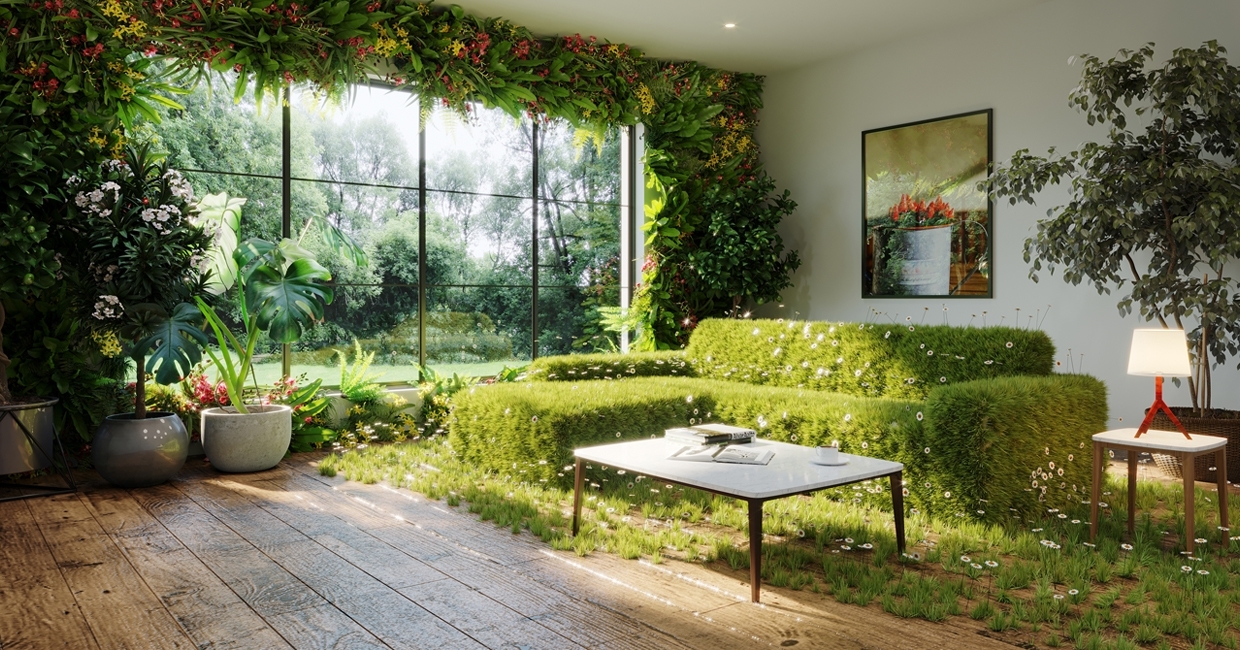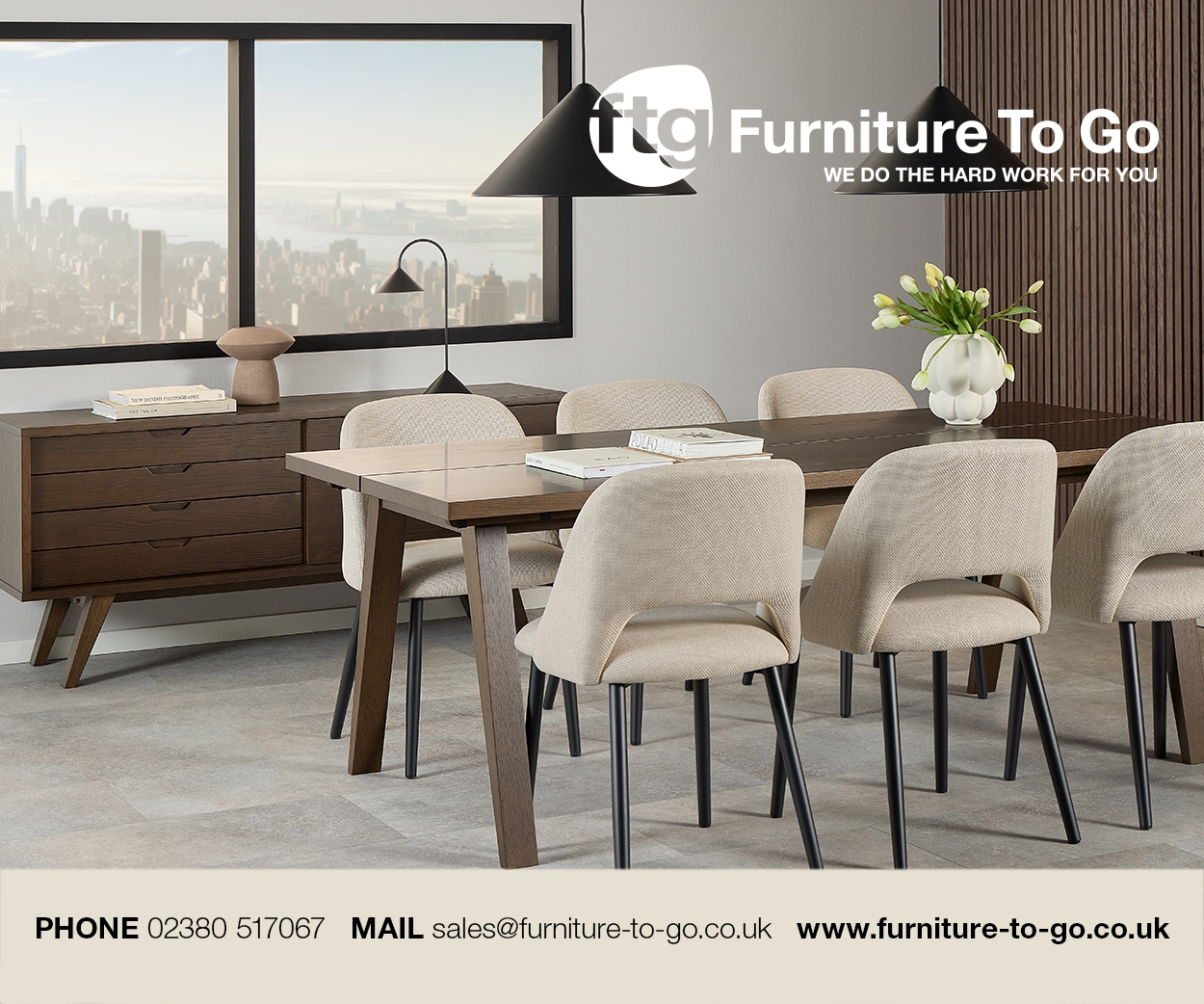The world is going green, reshaping consumer demand in a more conscientious and considered mould – and the upholstery sector is taking note.
Last November, we put some of the big questions surrounding eco-conscious sofa manufacture and marketing to: Suzy McMahon, buying director for Sofology, which offers Loop, a flexible, sustainable upholstery rental service, and Virtue, a recyclable collection made from sustainably sourced materials; John O’Leary, the design director at sofa-in-a-box brand Swyft, which champions sustainable fabrics and frames, and works with World Land Trust to plant a tree for every sofa sold; Daniel Oscroft, sales director at Whitemeadow, the upholstery manufacturing giant which debuted its first eco-sofa range, Neptune, at 2020’s January Furniture Show; and Adam Green, project director at Habbio, a new brand that is made in the UK from 85% recycled or sustainably sourced materials, and purports to be “the world’s most sustainable sofa”.
Among other angles, we asked these experts to reveal what they had learned from the bed industry’s approach to greener manufacturing …
Suzy MacMahon: Our latest sustainable sofas feature sprung seats using Spinks (part of the Harrison Spinks family) springs. The sprung seat interior offers a revolutionary new pocket sprung innovation called Flexecore that, without compromising comfort, replaces the need for foam. In addition, being glue-free, it is 100% recyclable.
Daniel Oscroft: We admire and respect companies such as Harrison Spinks for their progressive and ambitious vision to be leaders in the field of comfort innovation. They have shown how dynamic engineering practices and groundbreaking technology can truly make a long-lasting positive impact on the planet, and we look to companies such as these to fuel our own sustainability ambitions.
Although we essentially have the same goal as our bed industry counterparts, we are looking at our own processes to see where we can make a difference. For example, within our own infrastructure, we now use a biomass system to heat our factories, and are shortly to start recycling waste timber into pellets to fuel this.
We are also trialling HVO (hydrotreated vegetable oil) to fuel our fleet. This is a premium, high-quality diesel fuel, made from renewable, sustainable raw materials, which can be regrown when stock is needed – all which do not release any new CO2 into the atmosphere. HVO can reduce our net CO2 greenhouse gas emissions by up to -90%. We hope, following a successful trial, that we can roll this out across our entire fleet in 2022.
Adam Green: The bed industry has been crucial in developing a supply chain for recycled materials. We have been able to use a number of the recycled foam replacement products in our Habbio products, which has enabled us to reach the 85%+ recycled content.
Read the complete feature in November 2021's Furniture News, here.
(Image courtesy Chilli Pepper Designs)








